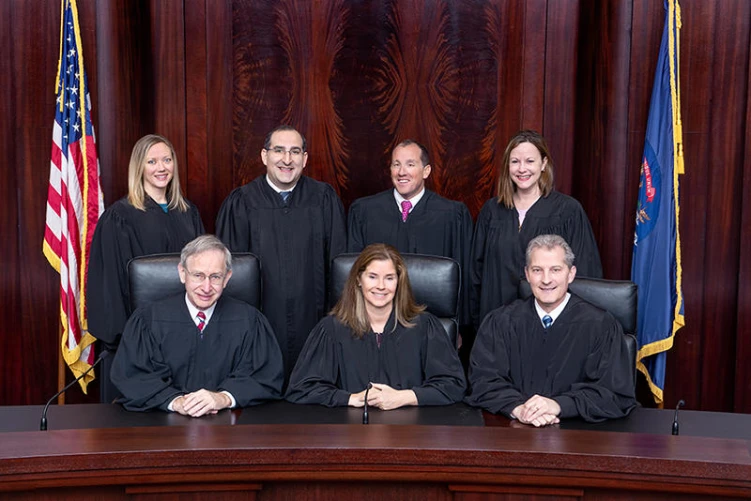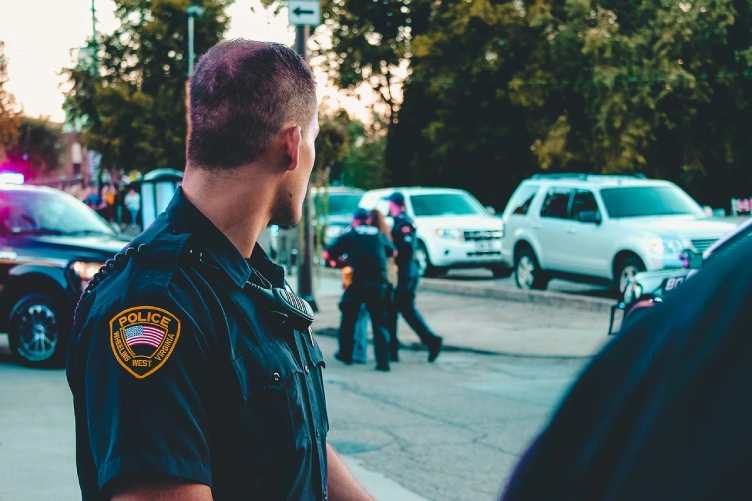- Abusive marriages in the U.S. impact over 10 million people annually across all demographics, with many cases unreported.
- Abuse can manifest as physical, emotional, sexual, financial, and psychological harm within marriages.
- Protective laws exist on federal and state levels, including domestic violence, child custody, divorce, stalking, and elder abuse laws.
- Victims can obtain restraining orders, seek support, consider divorce, and secure their finances for protection.
- Despite the trauma, victims can access numerous resources and laws to escape abusive marriages and regain control.
Being in a marriage should be a wonderful experience, but unfortunately, some people experience abusive marriages that leave them feeling helpless and trapped. As a result, laws have been created to protect Americans from abusive marriages. These laws allow abuse victims to protect themselves and pursue justice. Here’s what you need to know about abusive marriages, laws that protect victims, and how to get help.
Abusive Marriages in The U.S.
It’s estimated that about 20 people per minute experience physical violence by an intimate partner in the United States. This equates to more than 10 million men and women per year who are victims of abusive marriages. Unfortunately, many cases go unreported due to fear, shame, or lack of knowledge about resources available for help. It’s important to understand that abuse can be physical, emotional, sexual, and financial. It can also happen to anyone, regardless of gender, age, race, or socioeconomic status.
Types of Abuse
Different types of abuse can occur in a marriage. The most common types include physical, emotional, sexual, financial, and psychological abuse. Physical abuse involves physical harm or violence inflicted on one spouse by the other. Emotional abuse is characterized by verbal attacks, manipulation, and controlling behavior, while sexual abuse involves unwanted sexual activity or coercion. Financial abuse is the control of finances by one spouse to limit the other’s access to money, and psychological abuse includes threats, intimidation, and isolation.
Laws That Protect Victims
The U.S. has laws in place at both the federal and state levels to protect victims of abusive marriages. Here are some of them:
1. Domestic Violence Laws

Domestic violence laws are one of the most important laws protecting Americans from abusive marriages. These laws prohibit physical, emotional, or mental abuse and provide victims with a way to obtain restraining orders. Restraining orders are legal orders that prohibit the abuser from contacting the victim. Domestic violence laws also allow victims to press charges against their abusers, which could lead to criminal charges. It is important to note that domestic violence laws vary by state, so it’s essential to research which laws apply in your state.
2. Child Custody Laws
Many marriages that involve abuse have children involved. In such a case, child custody laws come into play. These laws give victims of abuse preference when determining custody arrangements. In many states, a history of domestic violence is enough to deny an abusive parent custody or visitation with their child . However, it’s worth noting that child custody laws also vary by state, and it’s essential to understand how they work in your state.
3. Divorce Laws
Divorce can become a matter of life and death for victims of abusive marriages. Divorce laws play a vital role in protecting victims. They give victims the right to pursue divorce based on abuse, cruelty, or other extreme circumstances. Protective orders can also be issued during the divorce process prohibiting the abuser from contacting the victim or coming near them.
4. Stalking Laws
Stalking is a common tactic abusers use to maintain control over their victims. Stalking laws prohibit this behavior and make it a crime . Victims can pursue legal action against their stalkers, and stalking victims can obtain civil protective orders that prohibit the stalker from coming into contact with them.
5. Elder Abuse Laws
Elderly individuals in abusive marriages are particularly vulnerable. This is where elder abuse laws come into play. These laws protect elderly individuals from physical and emotional abuse inflicted by their spouses. Elder abuse laws give victims recourse for pursuing legal action against their abusive spouses.
What to Do if You’re in an Abusive Marriage
If you or someone you know is in an abusive marriage, seeking help is important. Here are some steps you can take:
Restraining Order
It’s important to consider obtaining a restraining order to protect yourself from your abuser. A restraining order will prohibit the abuser from contacting, coming near, or harming you. If the abuser violates the restraining order, they can face criminal charges. Hire an experienced restraining order lawyer to help you through this process. They can assist you in obtaining and enforcing the restraining order.
Seek Support

Leaving an abusive marriage can be challenging, and it’s crucial to have support from friends or family during this time. You can also reach out to organizations that specialize in helping victims of domestic violence. They can provide resources, counseling, and shelter if needed.
Consider Divorce
Divorce may be the best option for your safety and well-being if your marriage is abusive. Consult a lawyer specializing in domestic violence cases to help you navigate the legal process and protect your rights.
Protect Your Finances
Financial control is a common tactic used by abusers. If possible, try to secure access to your finances and open a separate bank account if needed. This will allow you to leave if necessary and protect yourself financially.
Being in an abusive marriage is a traumatic experience, but there are laws in place to protect victims and provide them with a way out. If you or someone you know is in an abusive marriage, remember that help is available. Seek support and take steps towards leaving the abusive relationship. You deserve to be in a safe and healthy marriage. So, don’t hesitate to seek help and take control of your life again.



